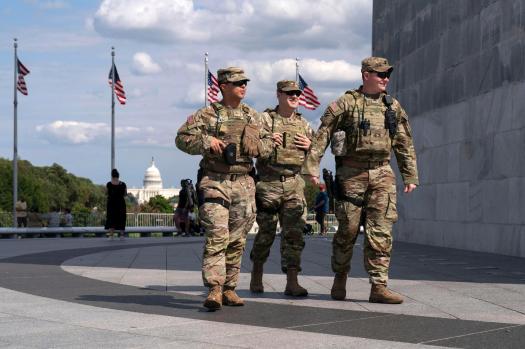
The U.S. military has conducted two strikes on Venezuelan vessels, which officials allege were operated by a designated “narco-terrorist organization.” U.S. Secretary of State Marco Rubio has emphasized the necessity of these actions. However, the legality of such military operations is under significant scrutiny from legal experts and various members of Congress. Critics argue that the government lacks a clear legal basis for the attacks, particularly regarding the loss of life on board the targeted vessels.
Legal experts express alarm over the potential illegality of the strikes, highlighting that the government must justify its use of force. This concern extends beyond the specific events involving Venezuela, revealing a broader pattern in which government officials fail to provide adequate explanations for military actions. In comments surrounding the recent strikes, Secretary of State Hegseth asserted that the government possesses “absolute and complete authority” to conduct such operations, yet did not specify the legal framework supporting this assertion.
The absence of clear justification raises questions about accountability and adherence to U.S. laws, especially given the contentious nature of U.S. military involvement in foreign affairs. The Venezuelan government, led by Nicolás Maduro, is widely regarded as a rogue regime; nonetheless, this does not absolve the U.S. government from the responsibility of following its own legal protocols when engaging in military actions.
In a related commentary, Vice President JD Vance took to social media to assert that targeting cartel members is “the highest and best use of our military.” His remarks prompted backlash, particularly a response to an accusation of committing a “war crime.” Vance’s dismissive reaction, characterized by his indifference to the legality of the military actions, raises concerns about the administration’s commitment to justifying its use of force.
This trend is not limited to military strikes. For instance, the U.S. government previously relocated 250 migrants to a confinement center for terrorism suspects in El Salvador without providing due process or evidence of wrongdoing to the public. Such actions highlight a troubling disregard for legal obligations and transparency.
Additionally, recent comments from the President regarding crime in Chicago further exemplify this pattern. He described the city as “a hellhole” and threatened a federal intervention, branding it as a “Department of WAR” operation. Experts have raised constitutional concerns over the legal authority to deploy federal forces in this context, especially given that crime rates in Chicago have reportedly declined in recent months. The lack of evidence supporting the President’s claims about crime in the city, along with the decision to target Chicago specifically, adds another layer of complexity to the situation.
The common thread in these scenarios is a perceived absence of accountability and transparency from the government regarding its military and enforcement actions. This issue is not exclusive to any one administration but reflects a growing trend where government officials often operate without sufficient justification for their decisions.
The U.S. government is established as a rights-protecting institution governed by law. Consequently, officials should be prepared to publicly articulate the legal justifications for their military actions. The absence of such explanations raises legitimate concerns among the public about whether the government is exercising its powers appropriately.
It is imperative that the Secretary of State can clarify the legal authority invoked for military strikes, that individuals are not detained without evidence of wrongdoing, and that no threats of “war” are made lightly against American cities. The serious implications of using force necessitate thorough justification, and if officials fail to provide these rationales, the press and the public must demand clarity to ensure the government is acting within its legal boundaries.
Agustina Vergara Cid, a columnist for the Southern California News Group and a contributor to Young Voices, emphasizes the need for accountability in governance. She advocates for a political environment where the justification for the use of force is not merely an afterthought but a fundamental expectation.






